




Running a washing machine without water can lead to serious consequences. Most modern washing machines are equipped with sensors and safety mechanisms to prevent operation without water. However, if these safety measures fail or are bypassed, it is important to understand what may happen.
One consequence of running a washing machine without water is damage to the machine itself. The water is necessary to lubricate the moving parts and prevent excessive friction. Without water, the motor and other components may overheat, potentially causing them to malfunction or break down entirely.
In addition to damaging the machine, running a washing machine without water can also damage your clothes. Water is essential for the detergent to properly dissolve and distribute throughout the wash cycle. Without water, the detergent may not effectively clean your clothes, leaving behind residue and stains.
Another consequence of running a washing machine without water is the risk of flooding. When the washing machine is filled with water, it creates a barrier that prevents water from overflowing. Without water, if there is a leakage or a problem with the drainage system, excess water can spill out and flood your laundry area, causing significant damage to your home.
Running a washing machine without water is not only inefficient but can also be dangerous. It can lead to damage to the machine, ineffective cleaning of clothes, and the risk of flooding. Therefore, it is important to always ensure that your washing machine is filled with the appropriate amount of water before starting a wash cycle.
In conclusion, running a washing machine without water can have serious consequences. It can damage the machine, ruin clothing, and even cause flooding. To prevent these issues, it is crucial to always check and ensure that your washing machine is filled with water before using it.
Effects of Running a Washing Machine Without Water
Running a washing machine without water can have several negative consequences. While it may seem like a simple mistake, it can actually cause damage to both the machine and your clothes.
1. Damaged Components
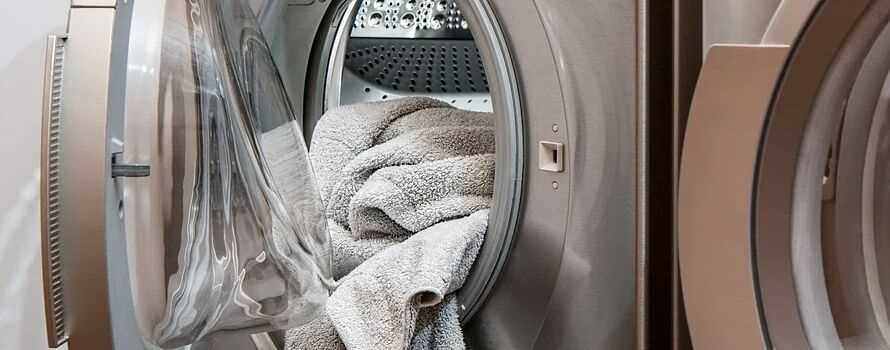
One of the main effects of running a washing machine without water is the potential damage it can cause to the machine’s components. The water in the machine is essential for lubricating and cooling various parts, such as the motor and the pump. Without water, these components can overheat and malfunction, leading to costly repairs and potentially rendering the machine unusable.
2. Damaged Clothing
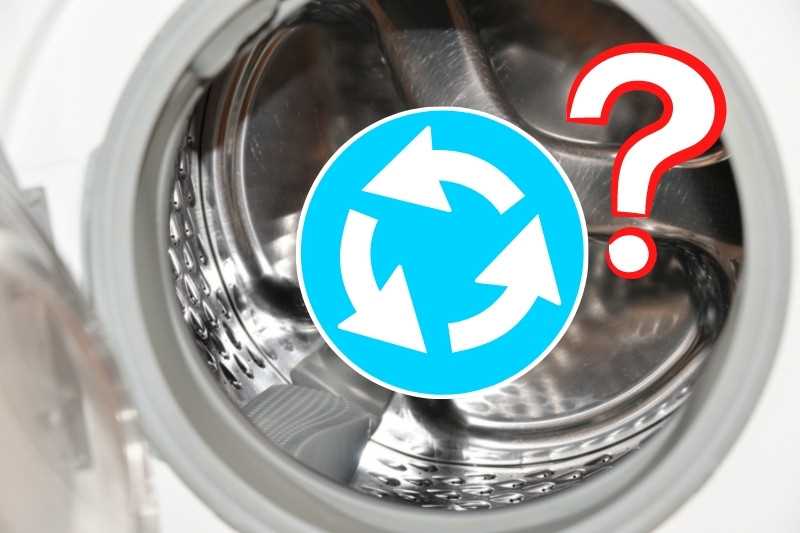
Running a washing machine without water can also damage your clothing. The water in the machine is necessary for creating a gentle washing cycle and ensuring that detergent is properly distributed. Without water, the clothes can become tangled, resulting in stretching, tearing, or other forms of damage. Additionally, without water, the detergent may not dissolve properly and can leave residue on the clothing.
3. Increased Energy Consumption
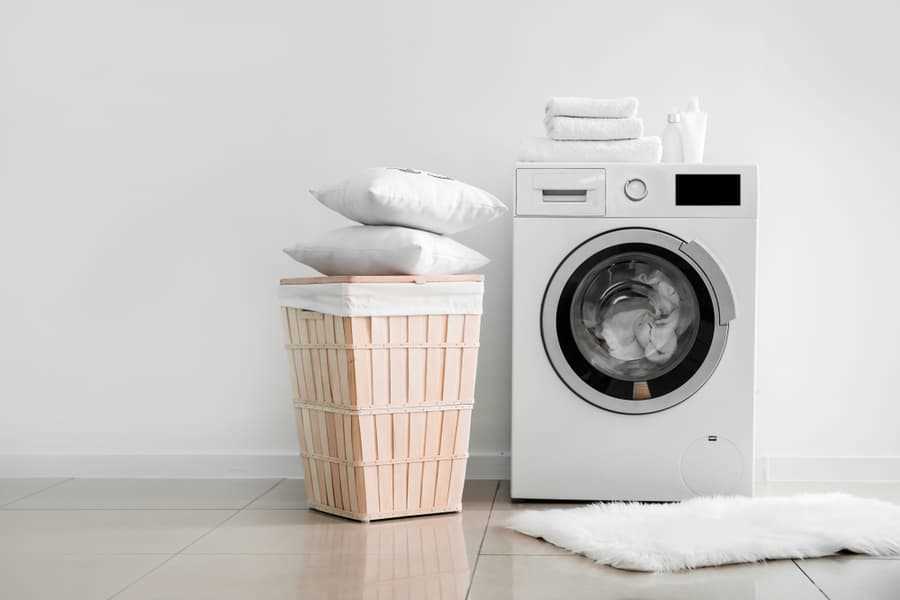
Another consequence of running a washing machine without water is increased energy consumption. The machine is designed to operate with a certain amount of water, and running it without water can cause it to work inefficiently. In an attempt to compensate for the lack of water, the machine may run for a longer period of time or use more energy, resulting in higher utility bills.
4. Environmental Impact
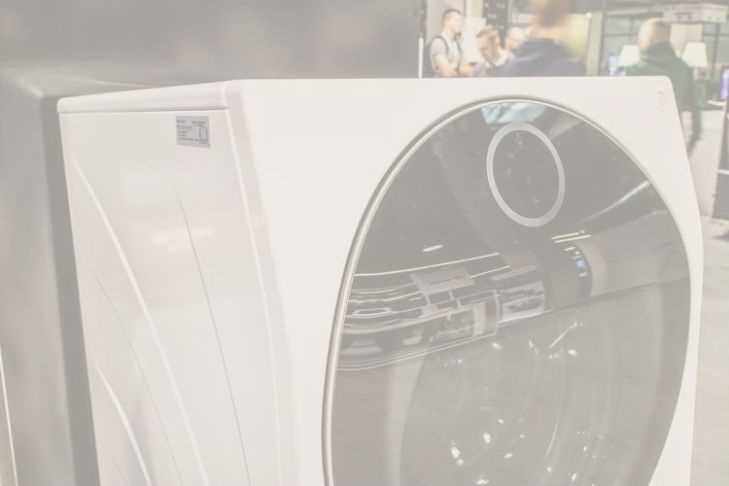
Running a washing machine without water also has an environmental impact. The unnecessary use of energy and water resources can contribute to increased carbon emissions and water waste. Additionally, if the machine becomes damaged as a result of running without water, it may end up in a landfill, adding to electronic waste.
Overall, running a washing machine without water may seem like a minor mistake, but it can have significant consequences. It is important to always double-check that your machine is filled with water before starting a wash cycle to avoid potential damage to the machine, your clothing, and the environment.
Potential Damage to the Washing Machine
Running a washing machine without water can result in various types of damage to the machine. Here are some potential consequences:
- Damaged Motor: The motor of the washing machine is designed to work with water. When operated without water, the lack of lubrication can cause the motor to overheat and become damaged.
- Burnt Heating Element: Most modern washing machines have a heating element that helps to heat the water. When the machine is run without water, this heating element can burn out, resulting in the need for a costly repair or replacement.
- Damaged Drum: The drum of the washing machine is meant to hold and agitate the clothes in water. Without water, the drum can become misaligned or damaged from the excessive friction caused by the lack of lubrication.
- Damaged Sensors: Many washing machines have sensors that detect the water level and control various functions accordingly. Running the machine without water can cause these sensors to malfunction or become damaged.
In addition to these potential damages, running a washing machine without water can also be a waste of energy and time. The machine may still go through its cycles, using electricity and resources without actually cleaning any clothes.
It is important to always ensure that your washing machine is properly filled with water before starting a cycle to avoid these potential damages and ensure the longevity of your machine.
Risk of Fire Hazard
Running a washing machine without water can pose a significant risk of fire hazard. When the machine is not filled with water, the heating elements may become overheated and potentially catch fire. This can be due to a malfunctioning thermostat or a lack of water to absorb the heat.
Additionally, without water, the clothes inside the drum may become excessively dry. When the drum rotates, the friction between the dry clothes and the machine’s parts can generate heat and potentially ignite a fire. This can also cause damage to the machine’s components and result in costly repairs.
It is important to always ensure that there is an adequate amount of water in the washing machine before starting a wash cycle. This will help prevent any potential fire hazards and maintain the safe operation of the machine.
Inefficient Cleaning Process
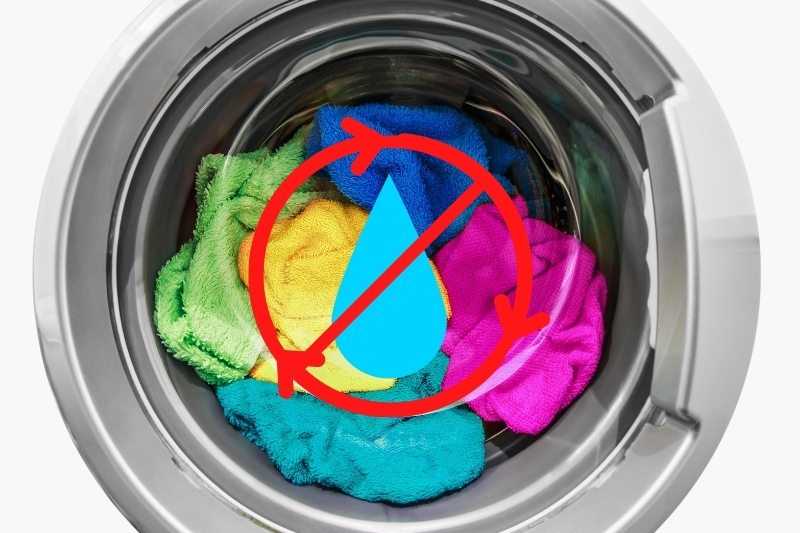
Running a washing machine without water can result in an inefficient cleaning process. Without water, the detergent and laundry items will not be able to properly mix and agitate, leading to subpar cleaning results.
Inadequate Stain Removal: The main purpose of a washing machine is to remove dirt, stains, and odors from clothing. However, without water, the detergent will not be able to penetrate the fabric fibers effectively. This can result in inadequate stain removal and leave your clothes looking dirty and worn.
Poor Odor Elimination: Washing machines are also effective at removing unpleasant odors from clothing. Without water, the detergent will not be able to break down and eliminate these odors effectively, leaving your clothes smelling stale or unwashed.
Lack of Fabric Softening: Many laundry detergents contain fabric softeners to make clothes feel softer and more comfortable. However, without water, the fabric softener will not be able to penetrate the fabric fibers, resulting in clothes that feel rough and uncomfortable.
Residual Detergent: Running a washing machine without water can also leave behind residual detergent on your clothes. This can make your clothes feel stiff and may cause skin irritation or allergic reactions in some individuals.
Damage to the Washing Machine: Running a washing machine without water can also be damaging to the machine itself. Without water to lubricate and cool the moving parts, they may become strained or worn, leading to potential breakages or malfunctions.
Energy Waste: Running a washing machine without water is also a waste of energy. The machine will still consume electricity and run through its cycle, but without water, it will not effectively clean your clothes. This can result in wasted energy and increased utility costs.
In conclusion, running a washing machine without water can result in an inefficient cleaning process, inadequate stain removal, poor odor elimination, lack of fabric softening, residual detergent on clothes, potential damage to the machine, and wasted energy. It is essential to ensure that your washing machine is properly filled with water before starting a wash cycle for optimal cleaning results.
Possible Damage to Clothing
Running a washing machine without water can cause serious damage to your clothing. When the machine operates without water, the drum will continue spinning, and your clothes may get stuck to the sides of the drum or tangled with each other.
This can lead to several issues:
- Tearing: The forceful spinning of the drum can cause the fabric to tear, resulting in rips and holes in your clothing.
- Stretching: Clothes that get tangled or stuck to the drum may get stretched out of shape. This can distort the original fit and size of your garments.
- Color bleeding: Without water to dilute the detergent, it may not properly mix with your clothes. This can result in color bleeding, where the colors from one garment transfer onto others.
- Lint and debris: If your clothes get stuck to the sides of the drum, they may create excessive lint and trap other debris that can be difficult to remove.
It’s important to always ensure that your washing machine is properly filled with water before operating it. This will help protect your clothes and prevent unnecessary damage.
Voids Warranty Coverage
Running a washing machine without water can have serious consequences and one of them is voiding the warranty coverage of the appliance. When you purchase a washing machine, it typically comes with a warranty that guarantees its performance for a certain period of time. However, if you misuse the machine or ignore the manufacturer’s instructions, the warranty can be voided.
Manufacturers specify the recommended operating conditions for their washing machines, including the requirement to use water. Running the machine without water goes against these guidelines and can be considered misuse of the appliance. This misuse can lead to various damages and malfunctions within the machine, which can be costly to repair.
When you run a washing machine without water, several issues can arise. The lack of water can cause the drum to overheat, damaging the heating element and potentially causing a fire hazard. Additionally, the lack of water can put excessive strain on the motor and other components, leading to premature wear and tear.
If you run your washing machine without water and an issue arises, you will likely not be able to claim warranty coverage for the repairs. Manufacturers typically require proof of proper usage and adherence to their guidelines in order to honor the warranty. Running the machine without water not only violates these guidelines but also indicates negligence on the part of the user.
To avoid voiding the warranty coverage of your washing machine, always follow the manufacturer’s instructions and use the appliance as intended. This includes using the appropriate amount of water for each load and avoiding running the machine without water or any other liquids. By doing so, you can ensure that your warranty remains valid and protect yourself from potential repair costs.
FAQ
What happens if I accidentally start my washing machine without water?
If you accidentally start your washing machine without water, it can cause damage to the machine. Without water, the machine will not be able to properly function and may overheat. This can lead to mechanical failures and potential costly repairs.
Can running a washing machine without water break it?
Yes, running a washing machine without water can break it. The machine requires water to properly clean and rinse the clothes. Without water, the machine’s components may not receive the necessary lubrication and can wear out quickly. This can result in irreversible damage to the machine.
Will my washing machine still spin if I forget to put water in it?
No, your washing machine will not spin if you forget to put water in it. The spinning action requires the presence of water to create the necessary pressure and balance. Without water, the machine will not be able to perform this function, and the clothes will not be properly cleaned or rinsed.
What are the dangers of running a washing machine without water?
Running a washing machine without water can pose various dangers. One of the main dangers is the risk of overheating. The machine relies on water to cool down its components, and without it, the machine can overheat and potentially cause a fire. Additionally, running the machine without water can cause mechanical failures and damage to the internal parts.
How can I prevent running my washing machine without water?
To prevent running your washing machine without water, it is important to always check and ensure that there is enough water in the machine before starting a cycle. Double-check the water supply and make sure the water valves are properly turned on. Additionally, it can be helpful to create a routine or reminder system to avoid forgetfulness.
What happens if I accidentally run a washing machine without water?
If you accidentally run a washing machine without water, it can cause damage to the machine and potentially ruin your clothes. The lack of water can create excessive heat, which can lead to the melting or warping of certain components within the machine. Additionally, if there is no water to properly agitate and rinse the clothes, they may not get thoroughly cleaned.












